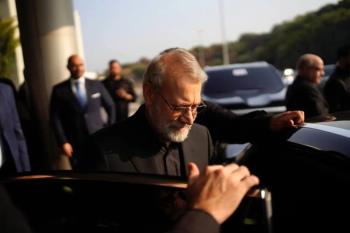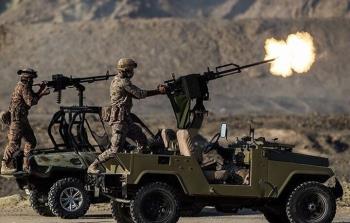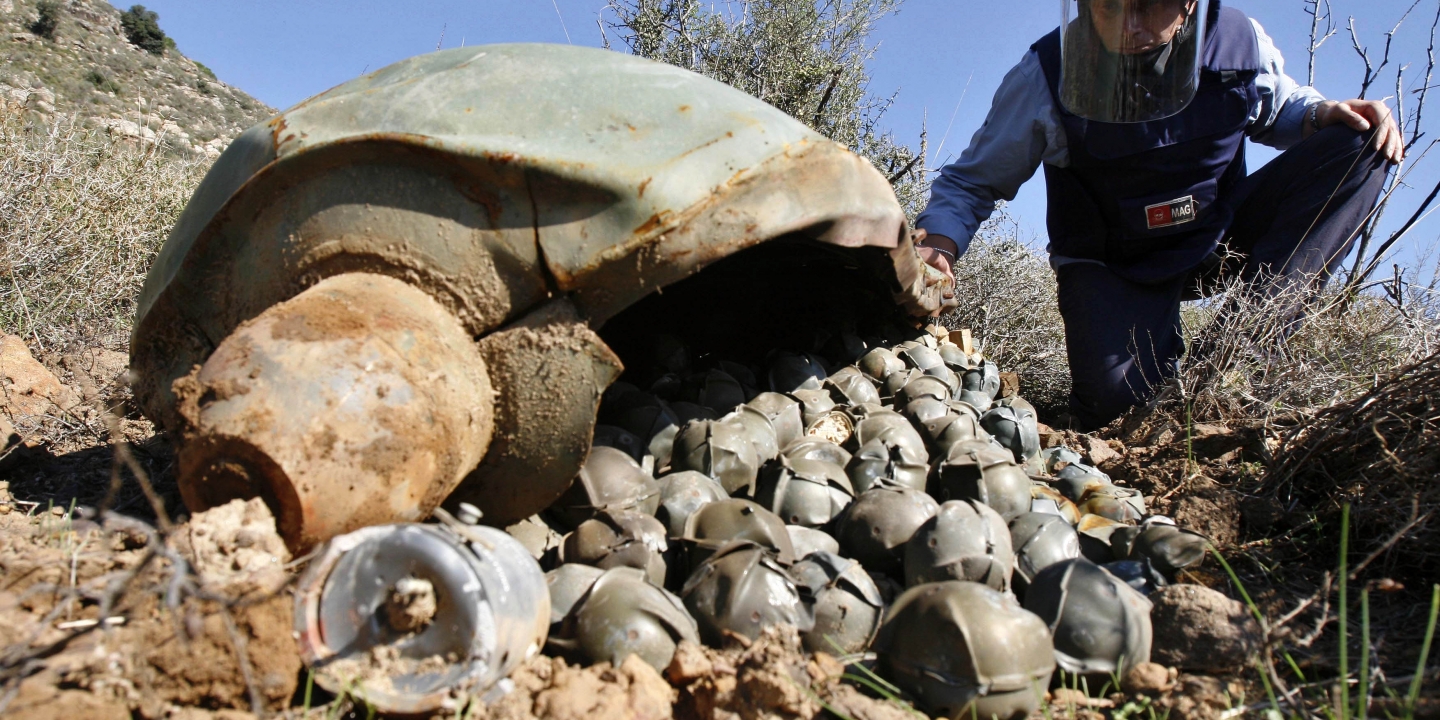Alwaght- British defense minister admitted that his country had exported hundreds of cluster bombs to Saudi Arabia in the late 1980s.
Sir Michael Fallon, said 500 cluster munitions were delivered to Saudi Arabia from the UK between 1986 and 1989, English Guardian daily reported on Wednesday.
This is the first time the Ministry of Defense has said how many of the devices were exported to Saudi Arabia since it emerged last month that such ammunitions had been used by Saudi forces against Yemen.
The UK has faced accusations of war crimes and calls to suspend arms sales to Saudi Arabia over the use of the weapons, which were banned in 2010 under an international treaty signed by Britain.
In December, Fallon said that a “limited number” of British cluster munitions were being used by Saudi-led forces in Yemen. In the same month, Saudi Arabia itself admitted to using the British weapons against its southern neighbor.
Last month, Fallon said he was satisfied that use of the bombs had not breached international law, and he had asked the Saudis to destroy their remaining stock of UK-supplied cluster munitions. He was unable to tell the Commons how many had been exported in the first place.
However, in a letter to the Conservative MP Philip Hollobone, Fallon confirmed: “The UK delivered 500 BL755 cluster munitions under a government-to-government agreement signed in 1986. The final delivery was made in 1989.”
Yemeni prime minister has accused the UK of war crimes for supplying arms to the Saudi military, which is conducting daily airstrikes against Yemeni people.
Cluster bombs are designed to release dozens of smaller bombs over a wide area, but the smaller munitions do not always explode, posing a future risk to civilians.
Amnesty International has previously accused the UK prime minister, Theresa May, of burying her head in the sand over the issue, given the “clear risk that UK weapons could be used to commit breaches of international humanitarian law in Yemen”.
Saudi Arabia has been waging war on Yemen since March 2015. The Saudi aggression, which has killed at least 11,400 people, was launched in an unsuccessful attempt to reinstate Abd Rabbuh Mansur Hadi, a Saudi ally who has resigned as Yemen’s president but seeks to forcefully return to power.
The Saudi strikes have also taken a heavy toll on the country’s facilities and infrastructure, destroying many hospitals, schools, and factories.
Yemeni forces have been fighting back the Saudi war, including by staging retaliatory attacks.



























